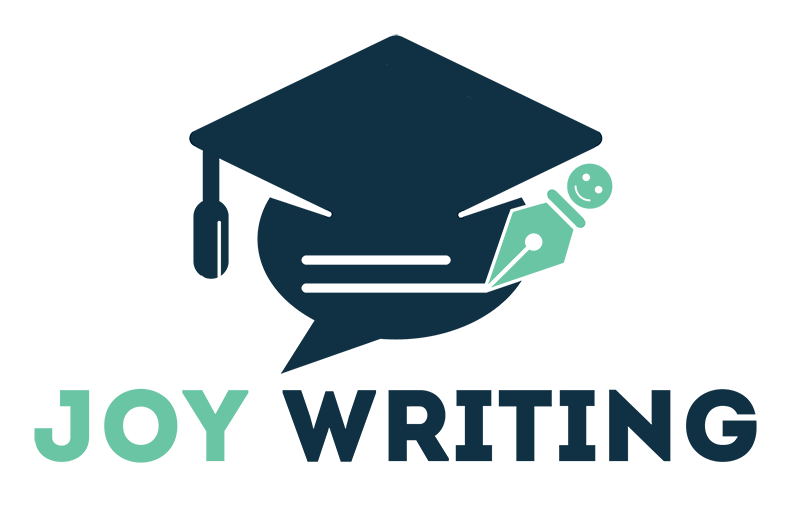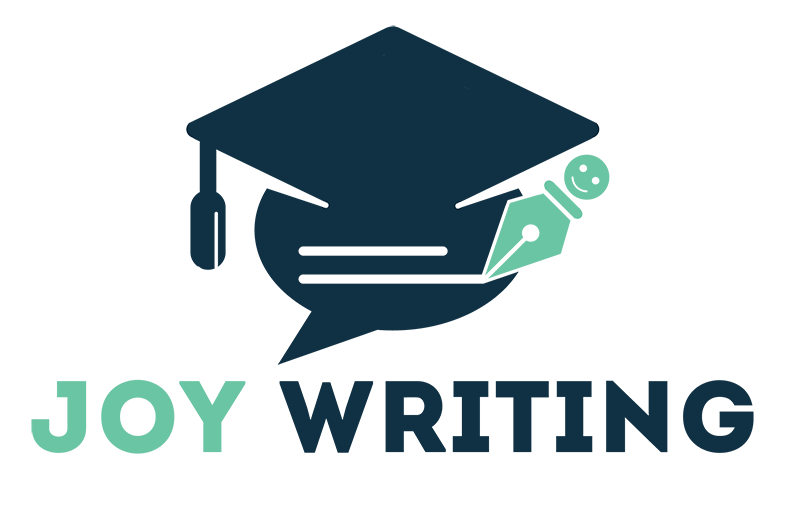Common Problem:
Student hates to read.
I offer this metaphor to students who show a lack of interest in reading: think of reading as a kind of nourishment. The way nutrient-rich foods can strengthen our bodies, books can strengthen our intelligence and curiosity. (For students who think they’re not smart enough to read difficult material, I stress that curiosity and imagination and a love of words are what make a writer, that these qualities are more important than a high IQ.)
Read widely, I tell my students: that way, you’ll be full of diverse knowledge. Read about history, and art, and sports, and literature, and science, and celebrity gossip, why not. They should read texts that challenge them and hold their attention. Students should find authors whose writing they love enough to imitate, whose voice students can incorporate into their own original style.
As parents, I think it could be wise to offer a well-curated list of books to your child, but to let them make the final decision of which one to read. This will empower them with the feeling that they’re reading because they want to, not because it’s been forced on them.
I tell students that reading consistently is the best possible way to expand their vocabularies — better, I think, than memorizing flashcards. When I was young and, as an aspiring writer, wanting desperately to know every word in the English language (which is not possible, I’ve come to learn), I would write down on a blank sheet of paper, which served as my bookmark, every unfamiliar word I encountered. After finishing the chapter, I would look up the word’s definition and write it down on the bookmark’s growing list of vocab words. I try to share my hunger for books, for language, with my students, hoping it will rub off on them.

